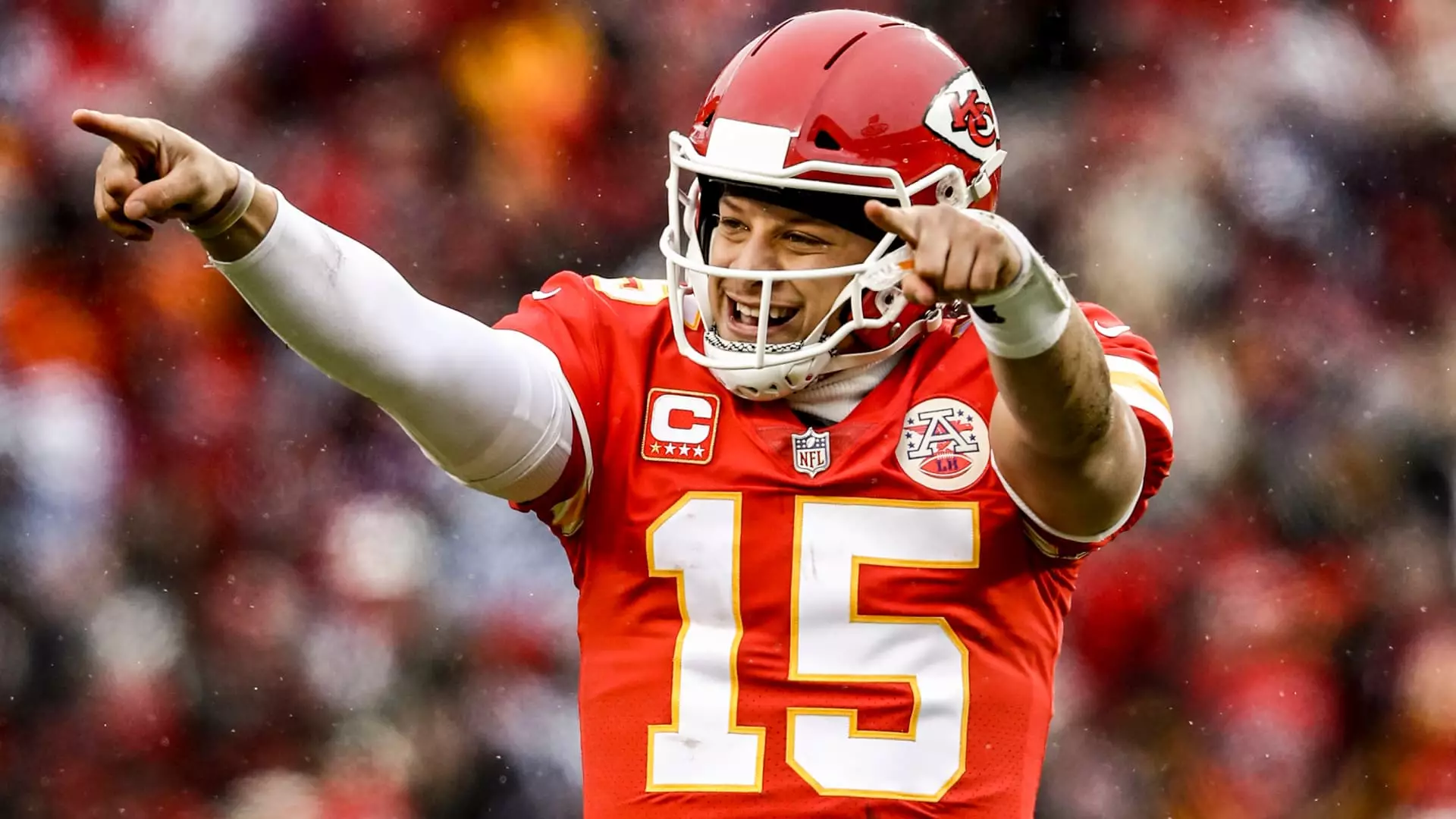Patrick Mahomes, widely celebrated for his remarkable achievements on the gridiron, is revealing a deeper, more strategic side that defies the stereotypical athlete. His recent foray into the coffee market exemplifies a broader vision—one that shifts the narrative of players merely playing the game to players shaping industries. By investing in Throne Sport Coffee and becoming its face, Mahomes is positioning himself as a brand influencer and business builder, echoing a daring sense of purpose that could redefine athletes’ roles in the modern economy. This move signals a recognition that the sports superstar has a unique platform to influence consumer habits, health trends, and even lifestyle standards. Yet, this transition also invites skepticism about whether such diversification aligns with genuine passion or an opportunistic quest for wealth creation.
Challenging the Status Quo: A Shift to Health-Conscious Entrepreneurship
In a market flooded with sugary, calorie-laden beverages, Mahomes boldly champions a healthier alternative with Throne Sport Coffee. Here, his involvement isn’t superficial—the quarterback’s active role as a product tester and pitchman demonstrates personal conviction. This isn’t just celebrity endorsement for profit; it’s an alignment with values that emphasize wellness and nutrition. Given his busy schedule, Mahomes’ emphasis on low-calorie, high-protein drinks with added electrolytes and vitamins seems rational—yet it raises questions: Is this a genuine commitment to health or calculated marketing? The fact that Mahomes admits to consuming multiple daily coffees suggests personal reliance, which complicates the narrative of effortless health consciousness. Moreover, his partnership reflects a broader industry trend, where athletes leverage their notoriety to influence consumer choices, sometimes blurring the lines between authentic advocacy and branding opportunism.
The Business Portfolio: Reframing Athletes as Entrepreneurs
Mahomes’ investments extend beyond coffee. His minority stakes in the Kansas City Royals, Sporting Kansas City, NWSL’s KC Current, and Alpine F1 embody a strategic effort to embed himself in the sports ecosystem beyond his playing years. While such diversified holdings indicate an insightful understanding of sports industry dynamics, they also serve as a platform for cultivating long-term financial security and influence. The assumption that Mahomes might someday own the Chiefs hints at a deeper aspiration—one that involves shaping the franchise’s future, including contentious issues like stadium renovations or potential new construction. These ambitions reveal a desire not just to be a figurehead but a decision-maker whose legacy could surpass athletic achievements.
Stadium Politics and the Future of Kansas City Football
The uncertain fate of Arrowhead Stadium encapsulates the complex intersection of sports, politics, and community identity. Mahomes’ non-committal stance on whether to support renovation or new construction indicates an understanding of the implications—both economic and cultural. Stadium debates often hinge on community pride, financial viability, and local politics, and Mahomes’ commentary hints at a nuanced perspective rooted in respect for tradition yet open to future developments. Such positions are typical of a center-leaning liberal stance—supportive of progress and infrastructure investment but mindful of heritage and community sentiment. His balanced approach underscores a recognition that sports facilities are not merely venues but symbols of collective identity, which can influence a player’s or an owner’s standing within the community.
League-Wide Implications and the Future of the NFL
Mahomes’ cautious outlook on expanding the NFL schedule to 18 games and venturing into international markets reveals a player who prioritizes health and player welfare over expanding profits for owners. His call for more bye weeks if the league increases games demonstrates a reservations about risking player longevity for revenue. Likewise, his skepticism regarding international expansion, such as the game in Brazil, underscores a strong sense of balance—aligning with a progressive, player-centric viewpoint that is wary of sacrificing athlete health for global markets. This center-left perspective advocates for growth but not at the expense of worker well-being, pushing for reforms that foster sustainable progress rather than reckless expansion.
Reconceiving the Athlete’s Role in Society
Ultimately, Mahomes’ multifaceted pursuits challenge the conventional view of athletes as mere entertainers. His investments, advocacy for healthier products, and concern for league policies reflect a broader societal role—one rooted in influence, responsibility, and community engagement. Yet, critical scrutiny demands acknowledgment that these pursuits also serve his brand and economic interests. While his center-wing stance promotes progress tempered with caution, it raises questions about authenticity versus strategic positioning. Is Mahomes genuinely committed to reshaping industries and league policies in favor of athletes and communities? Or is he leveraging his fame to build a business empire poised for long-term profitability? The true depth of his motives remains an intriguing pivot point in the evolution of modern athlete activism and entrepreneurship.
The athlete-turned-entrepreneur is no longer an anomaly but a new archetype—one that carries both promise and peril. Patrick Mahomes exemplifies this transformation, straddling the line between sports greatness and strategic influence. Whether this shift sustains authentic societal progress or veers into self-serving enterprise depends largely on future actions and intentions, making his journey a compelling case study in the modern sports landscape.

